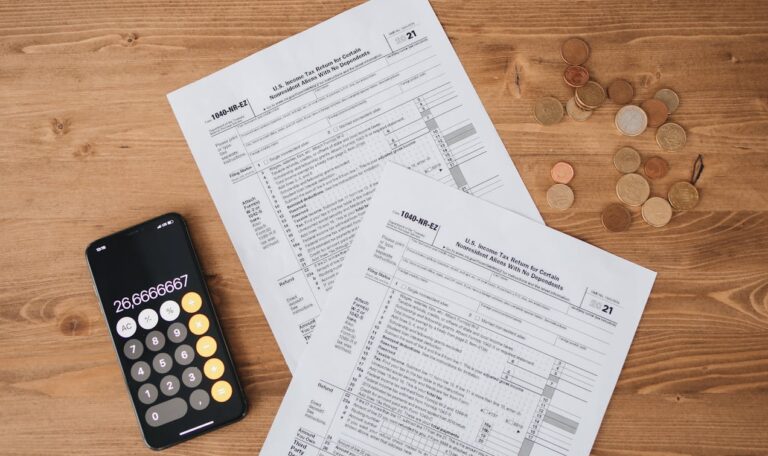Before filing your income tax return in India, the most important factor to assess is your residential status under Indian tax law. Your tax liability on..


Before filing your income tax return in India, the most important factor to assess is your residential status under Indian tax law. Your tax liability on..

If you’re expecting to receive payments where TDS will be deducted at standard rates, but your actual tax liability is lower or zero, you can apply..

If you’re an Indian resident who owns foreign bank accounts, property, stocks, or business interests, you are required to disclose these foreign assets in your income..

Non-Resident Indians (NRIs) often assume they are exempt from filing taxes in India – but this is not always true. The Income Tax Act, 1961, clearly..

Section 80C of the Income Tax Act, 1961 is the most commonly used tax-saving section by individual taxpayers in India. It allows deductions up to ₹1.5..

Start-ups raising funding in India have long worried about angel tax—the tax under Section 56(2)(viib) when share issue prices exceed fair market value (FMV). Recognizing the..

If you are selling products or services through e-commerce marketplaces like Amazon, Flipkart, Myntra, UrbanClap, or Zomato, you are subject to TDS under Section 194-O of..

Transfer pricing compliance is a critical requirement for Indian businesses involved in cross-border related-party transactions. As scrutiny increases for FY 2024–25, companies must decide between using the..

Indian founders setting up US entities or expanding globally must comply with the Liberalised Remittance Scheme (LRS) under FEMA rules when transferring personal funds abroad. In 2025,..

Since July 1, 2023, a higher rate of Tax Collected at Source (TCS) applies on foreign remittances exceeding ₹7 lakh under the Liberalized Remittance Scheme (LRS)…